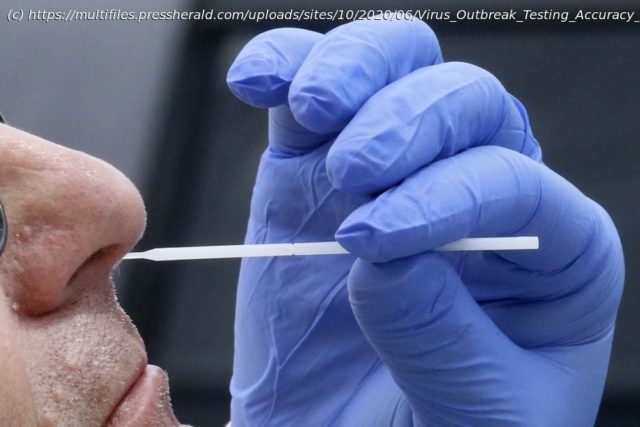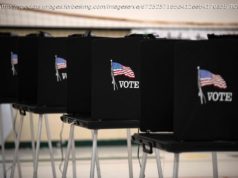Experts at top medical centers say it is time to do the studies to find out.
WASHINGTON — How accurate are the coronavirus tests used in the U. S.?
Months into the outbreak, no one really knows how well many of the screening tests work, and experts at top medical centers say it is time to do the studies to find out.
When the new virus began spreading, the Food and Drug Administration used its emergency powers to OK scores of quickly devised tests, based mainly on a small number of lab studies showing they could successfully detect the virus.
That’s very different from the large patient studies that can take weeks or months, which experts say are needed to provide a true sense of testing accuracy.
The FDA’s speedy response came after it was initially criticized for delaying the launch of new tests during a crisis and after the Centers for Disease Control and Prevention stumbled in getting its own test out to states.
But with the U. S. outbreak nearly certain to stretch on for months or even years, some experts want the FDA to demand better evidence of the tests’ accuracy so doctors know how many infections might be missed.
In recent weeks, preliminary findings have flagged potential problems with some COVID-19 tests, including one used daily at the White House. Faulty tests could leave many thousands of Americans with the incorrect assumption that they are virus-free, contributing to new flare-ups of the disease as communities reopen.
“In the beginning, the FDA was under a lot of pressure to get these tests onto the marketplace,” said Dr. Steven Woloshin of Dartmouth College. “But now that there are plenty of tests out there, it’s time for them to raise the bar.”
The FDA said in a statement that it has already asked multiple test makers to do follow-up accuracy studies, although it didn’t say for how many of the more than 110 authorized screening tests. The agency also said it is tracking reports of problems. Accuracy has also been an issue with blood tests that look for signs of past infections.
No screening test is 100% accurate. So details on accuracy are routinely provided for tests of all types, including seasonal flu, hepatitis, HIV and cancers. For example, rapid flu tests are known to miss 20% or more of all cases, a factor doctors weigh when treating patients who have symptoms but test negative.






